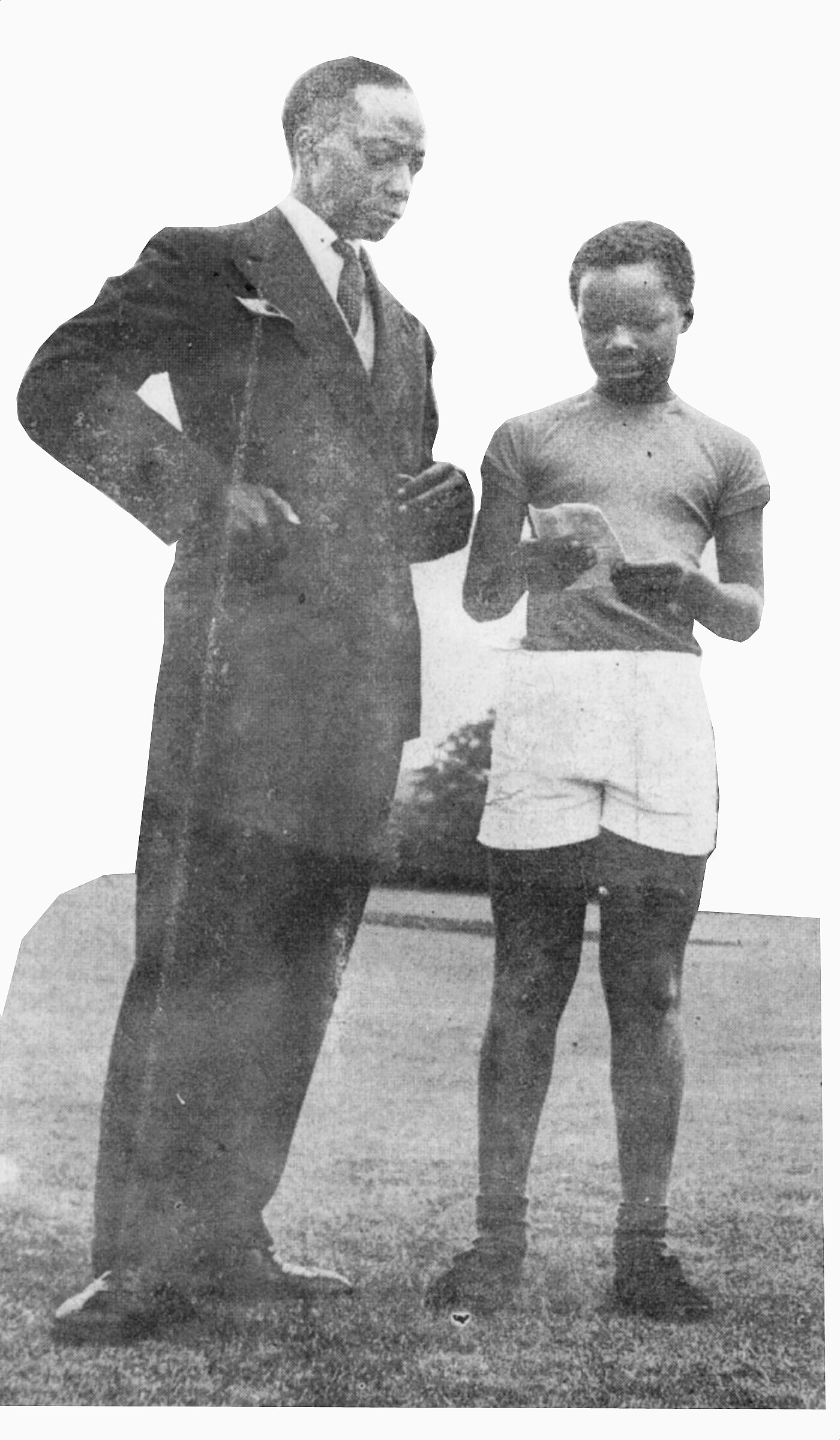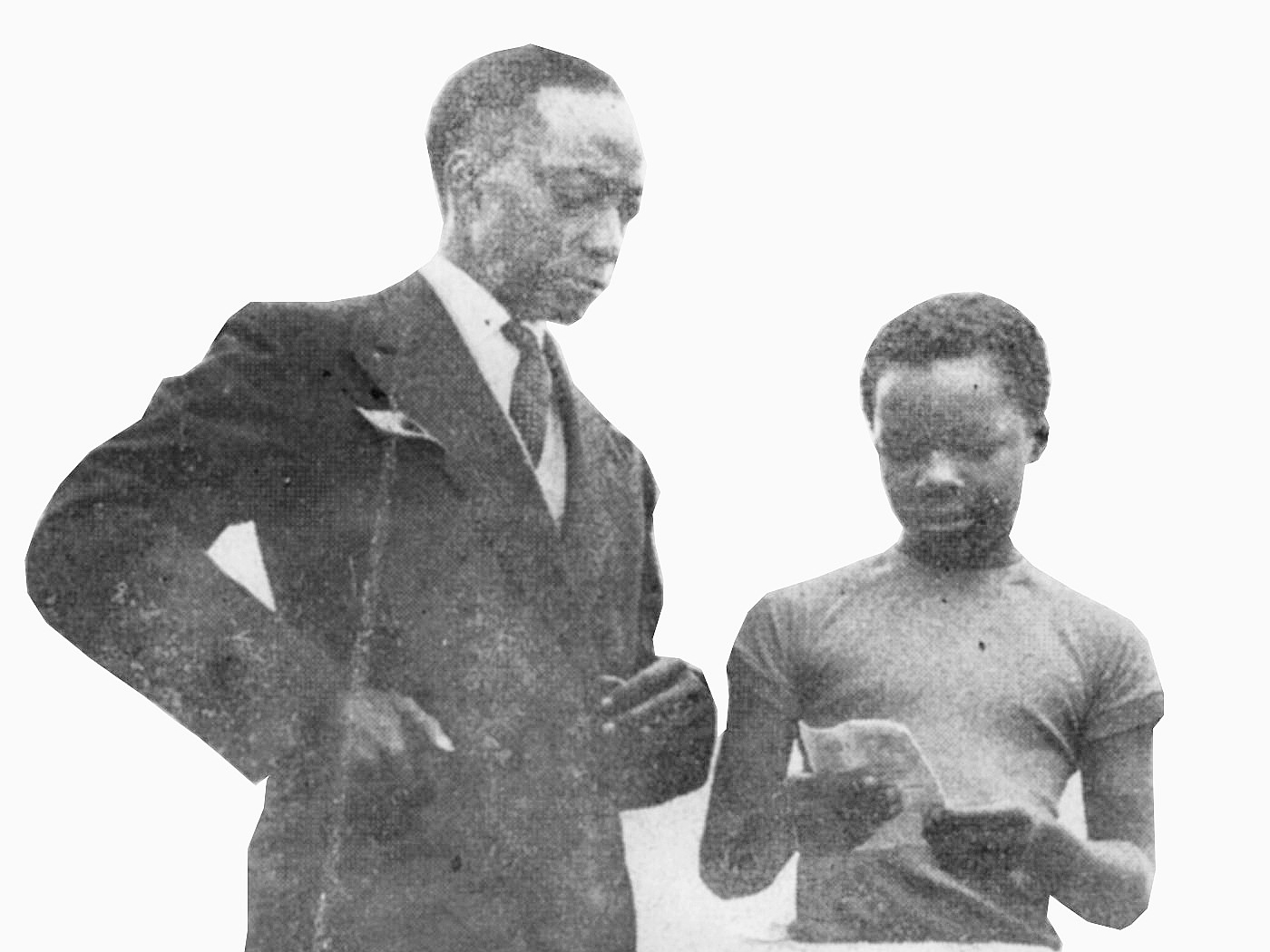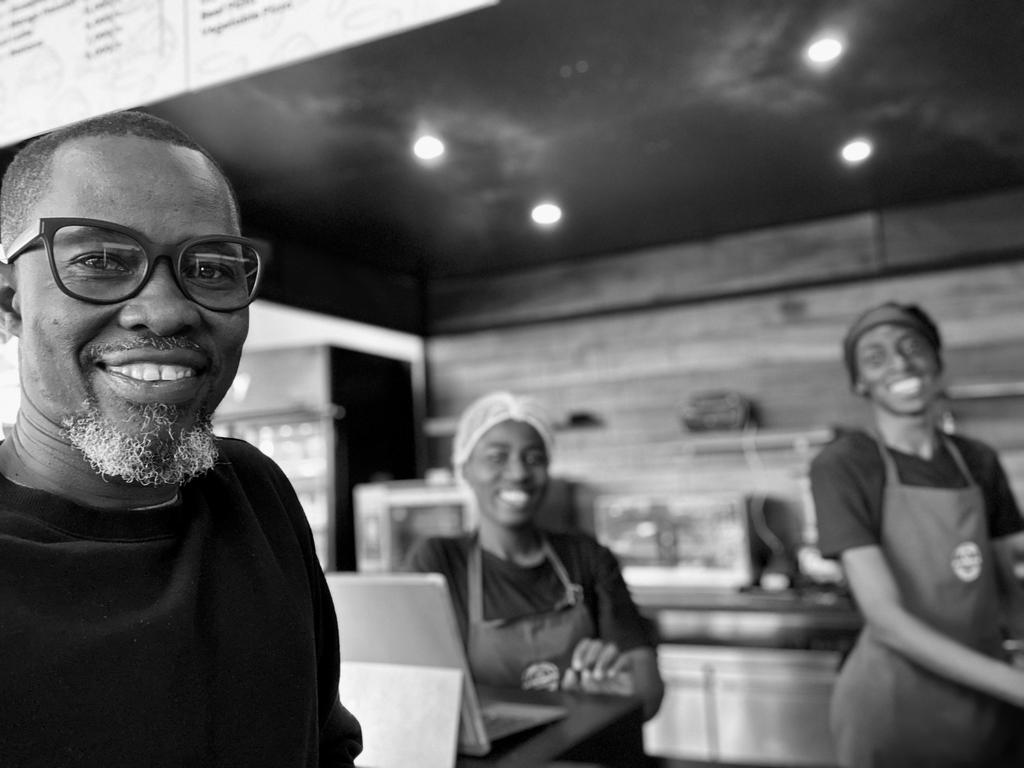He will be known as the greatest Kabaka of them all.
By the time he joins his illustrious ancestors in the pantheon of the great leaders of his time, Kabaka Ronald Muwenda Mutebi II will be known as perhaps the greatest of them all.
This will not be because of his long reign. Even if in comparison with his forebears it counts as one of the longest. Nor shall it come down to his martial and other ordinary measures of greatness.
No other Kabaka in his lineage has exercised so great an influence over his Kingdom was HRH Mutebi has accomplished. He has managed this moreover with a weapon that only the most gifted statesmen and rulers have ever mastered, the power of silence.
Silence of course is a superpower. It is associated with the essence of things that need not be said because they are taken as self-evident truths. Most have seen that popular hanging of the “silent guest at every meal”, it is a presence the family can count on in times of hardship and in moments of joy. The good news for the wieldier of this formidable superpower is that silence is also omnipresent.
So, in a sense HRH Mutebi is everywhere amongst his subjects and even where their individual struggles represent the myriad ways in which fate randomly touches individuals and families with reward for effort and reprimand for mistakes or more predictably a mashup of good and bad consistent with the nature of all human enterprise, he is a source of steadfastness.
Over the years when he does appear in public for official ceremonies, no matter his condition which, being human also reflects the wear and tear of a life lived, he is possessed of that most rare quality that marks greatness, the acknowledgement of his place, the calm that accompanies it, the assurance that he brings to complex problems by being a symbol of progress while never standing in the way of it.
Buganda, and Uganda will forever be grateful that HRH Mutebi has wielded this soft power where in the past other occupants on the throne had sent armed legions into the field of political and social battles.

It has allowed a cultural empire to emerge. Buttressed by the Luganda language it has spread without friction around the country, the region and around the world. In most cases the language is spoken by non-Baganda. Speakers use Luganda as a currency to identify with what it means to be a Ugandan without sacrificing their own multiple identities in the tradition of Africans who speak many languages to express themselves fully because who they are is the neighborhood of tribes and neighbors.
Baganda dress, dance, culinary traditions can be found everywhere. Here in the sun-kissed desert of Abu Dhabi, the Ugandan restaurant called Eastgate serves Luwombo and serves as a home diner. Luganda is spoken as are other languages, but the food makes a statement about Uganda.
Much of this cultural influence is lowkey of course.
It is to the credit of a Kabaka, who understanding that it speaks for itself, has not fashioned Buganda’s cultural bank into a war chest. It is also to his credit that the burdens of this course of action, the discipline it demands on him personally and the demons it carries especially from the past, are borne outside the public eye and mostly in silence.
Buganda has long been the crucible upon which various factions have contended. The crushing and mingling in blood and dust has taken many lives and lost more in time spent on defining progress with the borrowed tools of the colonial period that sought to define Uganda as a single entity. Inevitably its own power has come under permanent suspicion. As a result, a Republican consensus that provided Uganda with a violent but stable formula for government by elections (and armies). It involves political influence over two regions + Buganda.
This was the Milton Obote system that initiated Uganda into independent government with the greater North (including West Nile, Acholi, Lango and the rest) allying with the West and a section of Buganda.
It did not work well or as intended and there are many reasons for this. Noteworthy is that the old kingdoms were abolished.
As Uganda contemplates, whether it wants to or not, another Republic in what is often referred to as the “transition”, the same formula appears to be remerging.
2023 marks thirty years since the nominal restoration of Kingdoms (which appear now to have multiplied to a number greater than when Sir Hesketh Bell run the union) and the Republican formula appears very much in play.
The government, some may claim aesthetically, looks like a Northern/Western political alliance. Busoga and the East are more coherent as political regions in recent times and contending factions must again ask, as all must do, where to place Buganda in that equation.
So far, thanks to HRH Mutebi, this debate is mapped not on the enduring quality of Buganda as a cultural empire, one in which he reigns, but as a factor of the noisy democracy that Uganda has become.
The electoral commission, the other day released a “Road Map” for this with regard to the next inflationary election. They claimed that there are two million (2,000,000) electable positions in the country.
This potentially makes elected politicians the biggest “work force” in the country – bigger in numbers than the civil service, armed services, nurses, and doctors combined. There is something absurd if not downright irresponsible about this. But dirty democracy with its bribes and cars appears to be the cost of the peace from the fallout of the Republican formula at independence.
So, no Kabaka has faced such odds. As a generation we are blessed to be in the company of the greatest of them all.










